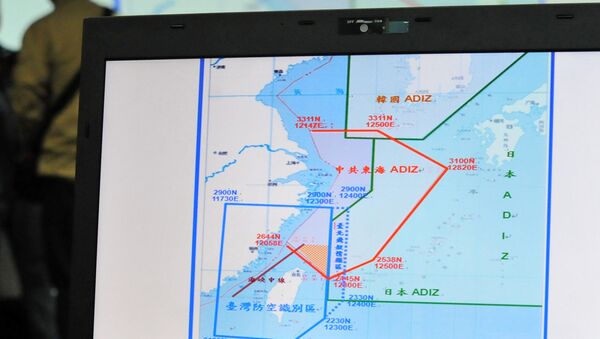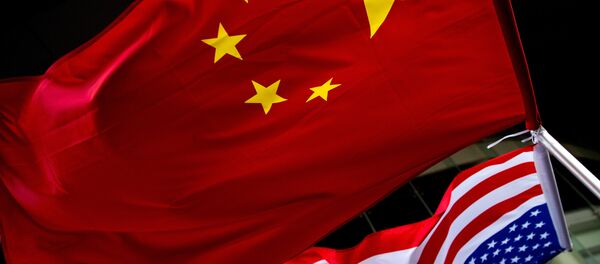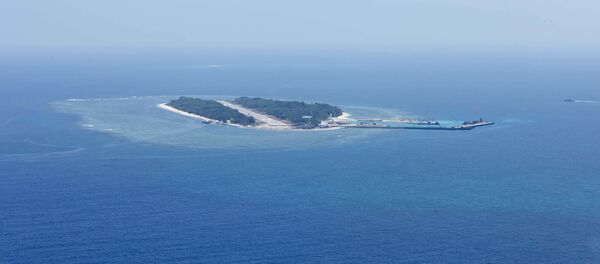On Sunday, Kerry, during his visit to Mongolia, urged China “not to take unilateral action (air-defense deployment in the South China Sea) which is provocative.”
However, the Chinese foreign ministry on Saturday urged the United States and Japan to stop blaming China regarding the South China Sea.
“Countries from outside should honor their commitments and not make irresponsible remarks on issues involving territorial sovereignty,” Foreign Ministry spokesperson Hua Chunying said in Beijing in response to remarks by US Defense Secretary Ashton Carter and his Japanese counterpart Gen Nakatani at a security summit in Singapore.
Reportedly during the Shangri-La Dialogue on Saturday, Carter and Nakatani talked about the South China Sea issue and blamed China for the dispute.
“China will not bear the consequences, nor will it allow any infringement on its sovereignty and security interest, or stay indifferent to some countries creating chaos in the South China Sea.”
According to Hua, the defense secretaries blamed China for regional security issues when China is the victim in this situation.
China had 17 bilateral meetings this year, compared with 13 in 2015.
“We were not isolated in the past, we are not isolated now and we will not be isolated in the future,” Sun said.
Talking about the South China Sea, the spokesperson mentioned the following important points regarding China’s sovereignty over the disputed islands.
“China has indisputable sovereignty over the Nansha Islands and the adjacent waters, which is fully backed by historical and legal evidence,” online publication China Daily reported.
The relevant construction which took place on China’s own territory violated no international law. “It is the intention of some countries that have deployed large amounts of advanced weapons and equipment to the Asia-Pacific region that should cause alarm among regional countries,” the publication noted.
Another point to note according to Hua is that the South China Sea arbitration case one-sidedly commenced by the Philippines is not meant to resolve disputes, but to refute China's territorial right and maritime rights and interests in the South China Sea.
“China upholds a common, comprehensive, cooperative and sustainable security outlook for the region and believes that regional countries shall work together to build and share a path of regional security that benefits all,” China Daily reported Hua as saying.




